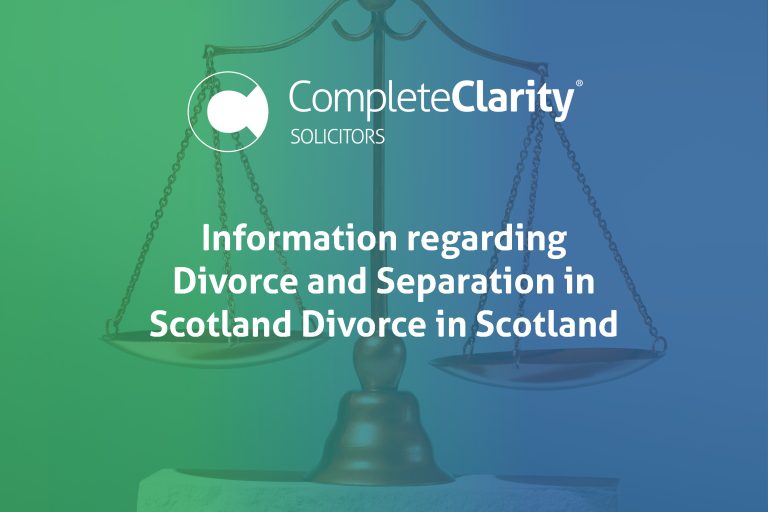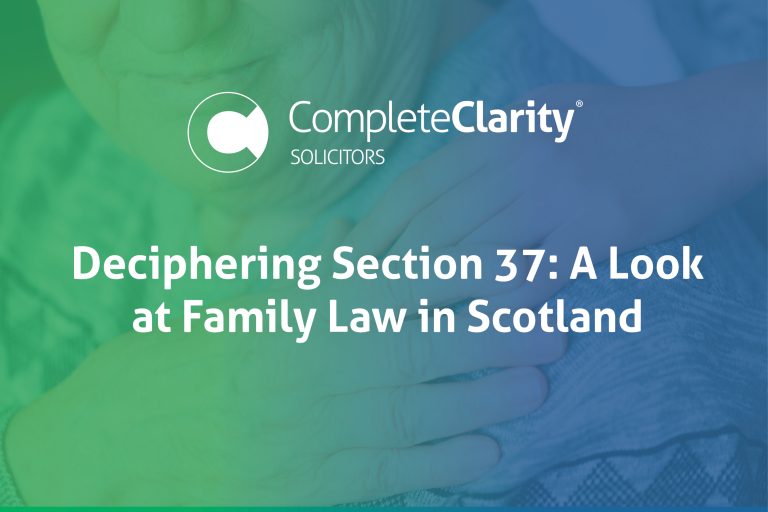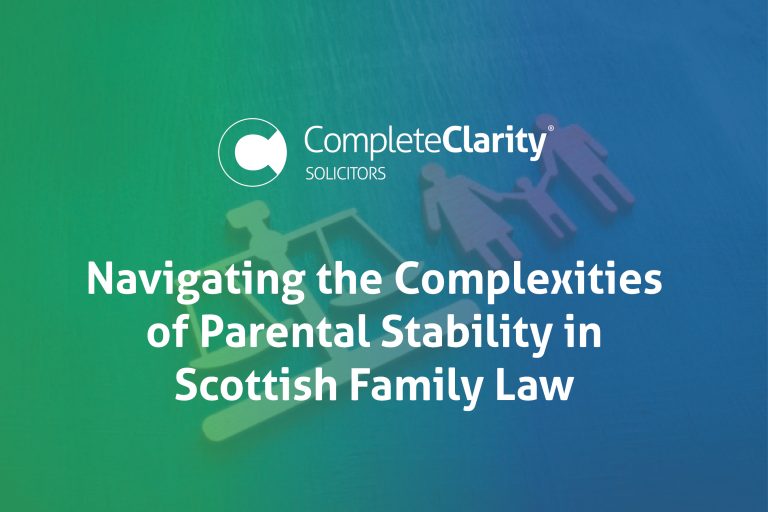A grandparent may request contact from the Court, but they must first have the court’s approval before they can submit a formal application. Unless they fit one of a list of requirements, which are listed below, this is typically the case. Keep reading to know more about the legal right of grandparents.
The term “Child Arrangements Order” has replaced “Contact Order.”
A grandparent will need to try family mediation before filing a court application. Family mediators are impartial and independent at all times. Unless an exemption applies, attendance at a mediation, information, and assessment meeting is required. The mediator will give the grandparents a MIAM form so they can request a court order if the other party with parental responsibility (often the parents) refuses to mediate. This form lasts for four months so an application to Court must be made within four months. A court application must be submitted within four months of the form’s four-month duration.
Things to know before grandparents apply to the courts
When deciding whether to grant permission, the court will take the following into account:
a. The type of application that is being considered.
b. The applicant’s relationship to the minor.
c. Any potential dangers that the application would cause the child’s life to be disrupted to the point where it would endanger them.
It is crucial to understand that the well-being of the kid is not the primary factor the Court takes into account when deciding whether to grant permission or not. If permission is granted, this is regarded as a component of the main, substantive application. The applicant for the leave or permission may face opposition from the other party, who is typically the parent.
Do they always get permission to see their grandchild?
Permission is frequently granted, though not always, and requests for permission are frequently just formality. Please be aware that just because you have been given permission to make an application doesn’t necessarily guarantee you will receive a contact order.
If permission is granted, consideration will be given to the welfare checklist, which includes the following, when examining the main application:
a. The youngster in question’s discernible wishes and emotions (considered in light of their age and understanding).
b. Their dietary, emotional, and academic requirements.
b. How any change in their circumstances is likely to affect them.
d. Their age, sex, origin, and any other personal trait the Court deems pertinent.
e. Whatever harm they have already experienced or could potentially experience.
f. The degree to which each parent, as well as any other person the court deems relevant, is able to meet each child’s requirements.
g. The scope of the Court’s authority in the relevant proceedings.
Contact may be direct or indirect, such as through the phone, written correspondence, or email.
As was already said, a grandparent’s right to contact is not assumed to exist automatically.
A grandparent must provide justification for the interaction. It may really be challenging for a grandparent to establish meaningful direct contact if, for instance, the relationship between the mother and grandmother has soured and is unfriendly. This is because the Court will consider the possibility that the kid could experience emotional abuse as a result of becoming mixed up in an adult argument.
While contact has been the focus of this article, a Child Arrangements Order can also address a child’s residence.
If a child has lived with a grandparent for three years, if everyone with parental responsibility consents if the grandparent has parental responsibility themselves, if the child is in the care of the local authority and the local authority consents, and if there is already some sort of Child Arrangements Order in place, these are some of the situations in which a grandparent does not need to obtain permission.
Know your legal rights in the UK: Contact us
Grandparents can and frequently do have a significant impact on a child’s life. Grandparents should be aware that they can apply to the court for contact if all other options for resolving this kind of a conflict have been exhausted. Contact our family law team to know more!
- Exploring Shared Child Custody in Scotland: Is a Father Entitled to 50/50 Custody?- Child Arrangements
- At what age can a child choose which parent to live with in Scotland?
- What is a c100 form family law Scotland – Solicitor
- Prioritising the Welfare of Children Scotland solicitor
- Prenuptial agreements are essential for safeguarding your assets during a divorce in Scotland
- What to expect during the initial phase of the divorce process Inspiration to rewrite Solicitor Scotland
- A child’s right to residence and contact – Child Law Solicitor
- Everything you need to know about surrogacy arrangements in Scotland
- Can a parent leave everything to one child in Scotland? understanding Scottish inheritance laws
- Demystifying divorce and dissolution Solicitor Scotland










